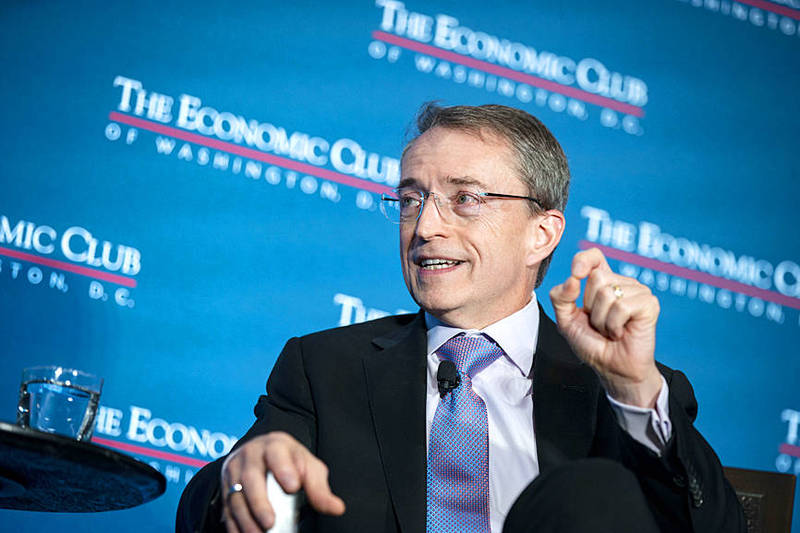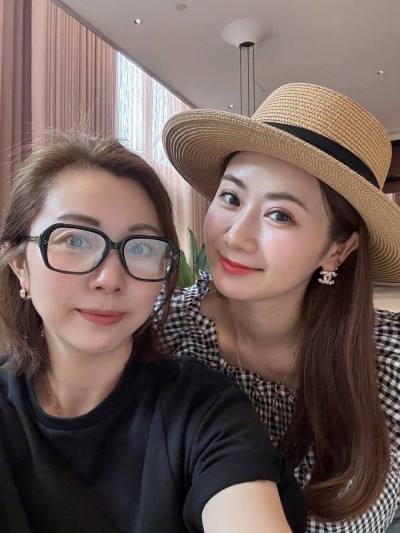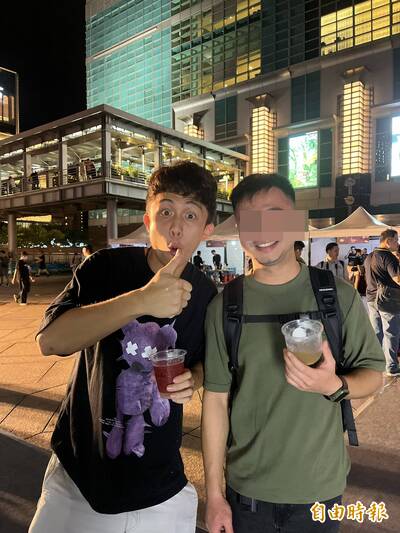《TAIPEI TIMES》 Intel CEO to visit Taiwan for chip talks

Intel Corp CEO Patrick Gelsinger speaks during an interview at an Economic Club of Washington event in Washington on Thursday. Photo: Bloomberg
FOUNDRY BID: Pat Gelsinger has ruffled feathers with his calls to limit government chip funding to local firms and criticism of the concentration of chip production in Taiwan
/ Bloomberg
Intel Corp CEO Pat Gelsinger is to visit Taiwan and Malaysia next week for talks that show how manufacturing in Asia is crucial to his efforts to turn around the fortunes of the world’s largest chipmaker by revenue.
Gelsinger’s trip is to include a meeting with leaders of Taiwan Semiconductor Manufacturing Co (TSMC, 台積電), people familiar with his plans said.
Intel needs TSMC’s advanced manufacturing services and plans to compete with the Taiwanese company in the foundry business, a tricky balancing act for the CEO.
This is Gelsinger’s first trip to Asia since taking the top job at Intel earlier this year and comes as he publicly lobbies the US government to allocate money for the country’s chip industry to domestic companies only.
He has said that overseas manufacturers — such as TSMC and Samsung Electronics Co, which both have plans to build plants in the US — should not get money through the Chips Act, which is going through political approvals in Washington.
As part of those efforts, he has said that the concentration of advanced manufacturing in Taiwan is a strategic risk.
TSMC is both a threat to Intel and an interim solution to issues that have seen the US giant lose manufacturing leadership in the chip industry, the foundation of its dominance for three decades.
Rivals such as Nvidia Corp and Advanced Micro Devices Inc use TSMC’s production to make chips they say are better than Intel’s offerings. Market share losses and weak earnings from Intel have helped bolster their case.
Part of Gelsinger’s answer to that is a strategy for combining parts of processors made by TSMC with other contributions from his own factories to produce more competitive computer components.
At the same time he is investing heavily to improve his own production to the point where he should no longer need TSMC’s cutting-edge production.
He plans to open factories that would make semiconductors for other companies, which is the foundry business model that TSMC pioneered.
While that gives TSMC some leverage, it is also left with some tricky decisions. The kind of production that Intel wants, and the huge volume of orders it could provide, are potentially lucrative for the Taiwanese company. Intel still has about an 80 percent share of the computer processor market.
Gelsinger has said that competition and cooperation between companies is nothing new and technology is full of such arrangements.
Intel has long used TSMC for manufacturing of less-important support chips for computers and other parts of its portfolio.
TSMC’s rapid rise has been built on navigating the complex web of rivalries among its customers, of guaranteeing impartiality and of pushing forward production technology quickly. Its customers include Apple Inc, Qualcomm Inc, Sony Group Corp, as well as Nvidia and AMD.
Gelsinger is also to visit Malaysia, where COVID-19-related shutdowns of plants have hurt chip supply for many companies.
Intel relies on the Southeast Asian country for some of its chip packaging operations, the critical last step in the semiconductor manufacturing process.
新聞來源:TAIPEI TIMES

















